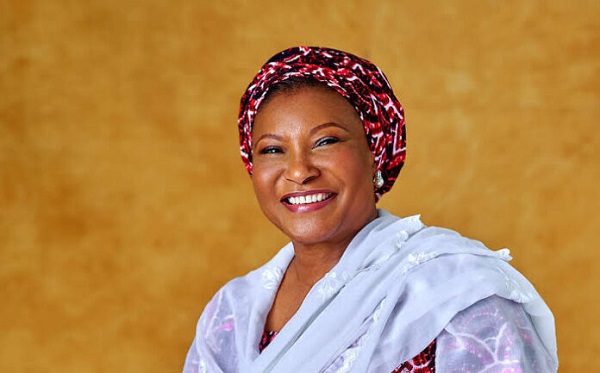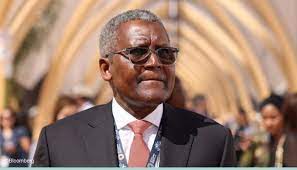By Ayomide Otitoju
With less than 24 hours until 2025, excitement is palpable across Nigeria. As tradition dictates, many Nigerians, especially Christians, will spend the final hours of 2024 in churches, engaging in prayers, singing, dancing, and jubilantly shouting “Happy New Year” as the clock strikes midnight.
For non-Christians, the night promises festivities at clubs and other entertainment venues nationwide, as they welcome the incoming year with revelry.
First Nations to Welcome 2025
Globally, the New Year’s celebrations have already begun. The first places to ring in 2025 are Kiribati and the Christmas Islands, which marked midnight hours ago. Meanwhile, Sydney, Australia, has dazzled with a preview of its renowned New Year’s fireworks at 9 p.m.
Key times to watch for major New Year’s celebrations include:
Kiritimati Atoll, Kiribati – 10:00 GMT
New Zealand – 11:00 GMT
Australia’s East Coast – 13:00 GMT
Japan and South Korea – 15:00 GMT
India and Sri Lanka – 18:30 GMT
The UK and 25 other countries – 00:00 GMT
Brazil and Argentina – 03:00 GMT
East Coast of the US – 05:00 GMT
Interestingly, by the time Baker Island in the central Pacific Ocean marks the end of 2024 at 12:00 GMT, Kiribati will already be celebrating the second day of 2025.
Four Countries That Won’t Celebrate New Year’s Day on January 1
While much of the world ushers in 2025, four nations—Ethiopia, Nepal, Iran, and Afghanistan—will not mark the occasion.
Ethiopia: The Ethiopian Calendar
Ethiopia operates on a calendar system based on the Coptic calendar, comprising 13 months. Its New Year, Enkutatash, falls on Meskerem 1, corresponding to September 11 or 12 on the Gregorian calendar. Notably, Ethiopia is seven to eight years behind the Gregorian calendar, meaning that as the world enters 2025, Ethiopia remains in 2017.
Nepal: Vikram Samvat and Nepal Sambat
Nepal follows two traditional calendars: the lunisolar Vikram Samvat and the lunar Nepal Sambat, which is specific to the Newar community. The country’s official New Year celebration, Bisket Jatra, occurs in April, making January 1 just another day.
Iran: The Solar Hijri Calendar
Iran adheres to the Solar Hijri calendar, one of the world’s most precise solar calendars. The Iranian New Year, Nowruz, aligns with the vernal equinox, typically falling on March 21. For Iranians, January 1 is an ordinary winter day, with anticipation focused on spring.
Afghanistan: The Solar Hijri Calendar
Similarly, Afghanistan celebrates Nowruz as its New Year, observing the Solar Hijri calendar. With its focus on springtime renewal, January 1 holds no special significance.
Cultural Identity and Timekeeping
The continued use of non-Gregorian calendars in these nations underscores their dedication to preserving cultural heritage and resisting colonial influences. These calendars are more than timekeeping tools; they are integral to national identity, celebrating historical and spiritual traditions.
As the rest of the world rings in 2025 with fireworks and countdowns, Ethiopia, Nepal, Iran, and Afghanistan will honour their unique calendars, reflecting their histories and values in their celebrations.









